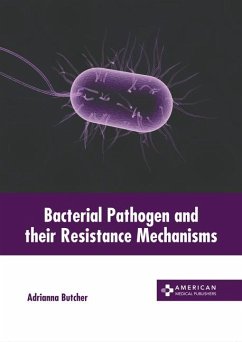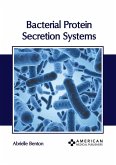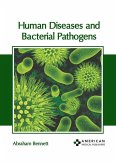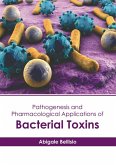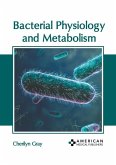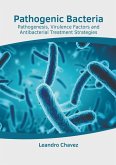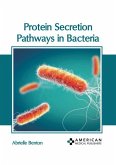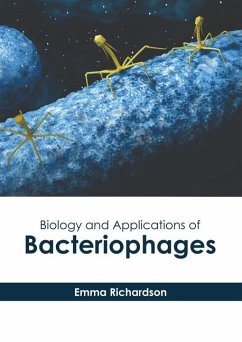Bacteria are microscopic, single-celled organisms. They can be found in nearly all places on Earth and are essential to the planet's ecosystems. The majority of bacteria in the body are harmless and even beneficial in certain cases, while a small number of species cause disease. Pathogenic bacteria are a group of disease causing bacteria. They are uniquely endowed and adapted with mechanisms for overcoming the body's natural defenses. They can also attack parts of the body where bacteria are not found often like the blood. There are many different mechanisms through which bacteria develop antimicrobial resistance, but the main cause of developing resistance is the abuse and overuse of antibiotics. The majority of pathogenic bacteria can be developed in cultures and are identified using Gram stain as well as other techniques. This book includes some of the vital pieces of work being conducted across the world, on various topics related to pathogenic bacteria. Students and professionals actively engaged in the study of resistance mechanisms of bacteria will find it full of crucial and unexplored concepts.

